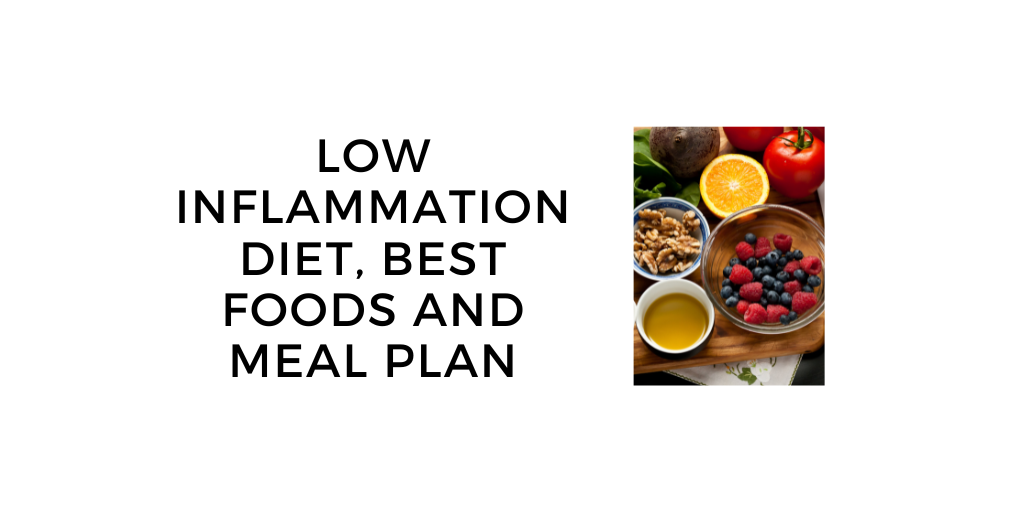
The Most Comprehensive Guide to a Low Inflammation Diet
Guide to a Low Inflammation Diet and Removing Inflammatory Foods
The diet and nutrition industry complicates our lives with the latest new diet or health food trend. The same foods are demonized one day, only to be celebrate as a weight loss panacea the next. Just look at our food pyramid to see what I'm talking about.
This comprehensive guide to a low inflammation diet will simplify the process by outlining the benefits, 11 best foods and a meal plan to get you started.
It can be frustrating to try to find objective information on how to eat for for your well being. I'm here to help!
This article is your complete answer on how you can reduce chronic inflammation without feeling like giving up all of your favorite foods.
Before we get started, I want to mention that bone broth is among the most potent anti inflammatory foods you'll find on the planet.
My favorite one is the chicken bone broth by Bluebird Provisions. Find more information on the benefits below.
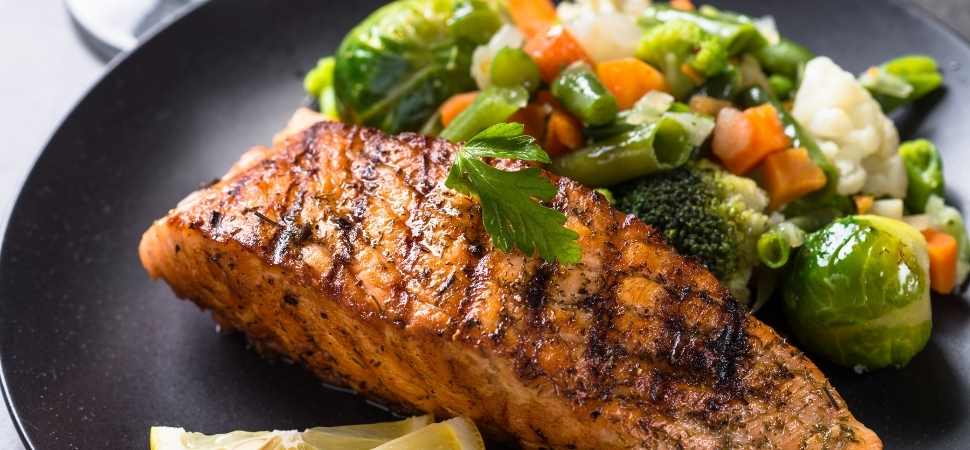
How are Diet and Inflammation Connected?
Diet and inflammation are connected because the foods we eat directly cause it. Inflammation is bad, and eating a diet high in anti-inflammatory foods can reduce it.
Short term inflammation is a healthy response to infection or injury. We are not concerned about this type when it comes to your long-term health.
It becomes dangerous to our health when it persists for an extended period of time. This chronic, low-grade inflammation never really resolves if you do not make lifestyle changes.
It is linked to many health issues, including heart disease, blood pressure, diabetes autoimmune conditions, neurodegenerative diseases, stroke and cancer.
What is a Low Inflammation Diet
A low inflammation diet is one that focuses on fruits, vegetables, some starches, meat and healthy fats. Sounds simple, doesn't it?
It is simple, the tricky part is staying with it long enough to get the positive benefits. It is not really a diet but a change in your way of life that is needed in order to reap the rewards of health and longevity.
The diet itself is similar to the Mediterranean diet. Read below to get an easy-to-follow meal plan and food list that focuses on food that actually tastes good.
I'll include fruits and vegetables which are known to reduce inflammation.
Low Inflammation Diet Benefits
Low inflammation diet benefits include an improvement in symptoms of arthritis, inflammatory bowel disease, lupus and other autoimmune disorders.
It also reduces the risk of obesity, heart disease, diabetes, depression, cancer and neurodegenerative diseases like Parkinson's and Alzheimer's.
Following a low inflammation diet has favorable health effects for those with rheumatoid arthritis more than osteoarthritis.
But it is not just for those who are sick. The diet can help you feel better because of the sleep, pain reduction and gut healing benefits. These can help to reduce brain fog, headaches, skin breakouts and more.
Along with good sleep and exercise, a low inflammation diet can be helpful in reducing pain in just about anyone.
What is an Inflammatory Diet
An inflammatory diet is a way of eating that promotes inflammation in the body. It is similar to the 'standard American diet,' which is full of processed foods, hyper palatable things, processed carbs, sugar, alcohol and fast food.
When you eat these foods, your body responds by releasing chemicals into the bloodstream that cause inflammation.
These chemicals are known as cytokines and they can be released in response to a variety of factors, including stress, poor diet or exercise habits and even infections.
Inflammatory Foods To Eat Sparingly
Inflammatory foods are those that cause chronic inflammation in our bodies because we cannot digest them properly. Our bodies see them as an attack on our immune system and it mounts its defence system to fight off the foreign food.
These foods include sugar, vegetable oils, trans fats, fried food, alcohol, artificial sweeteners, processed food and refined carbs.

Sugar (Drinks, Beverages and Food)
One thing that is secretly hiding in most processed food is sugar. The two most widely used names are sucrose and high fructose corn syrup (HFCS).
You'll find HFCS in things like coke, juice, ice tea and candy. On the other hand, baked things like pastries, cereal, chocolate and cookies use sucrose.
Both of these are implicated in serious health conditions like cancer, diabetes, autoimmune conditions and obesity.
Vegetable, Corn, Soy, Canola Oils
Vegetable oils are used to cook all the food in restaurants, fast food establishments and to make processed foods on store shelves. These oils include soy, corn, safflower, sunflower and canola oil.
They’re high in the pro-inflammatory omega-6 fatty acids and produced under high heat, making them unstable to cook with or in your body.
I know what you're thinking... Omega-6s are so called 'good fats.' That was in the 90s before we knew the effect the they have no our bodes.
We get Omega-6s from countless foods in a typical Western way of eating. But this is at the cost of what we lack. What we lack are Omega-3s.
You need more Omega-3s in order to improve your 6 to 3 ratio. Some research suggests a four to one 6 to 3 ratio is optimal while most of us are closer to 15:1.
This is because they are the most common ingredient in any food. They're cheap and heavily subsidized by governments and made using monocrop agriculture operations that rely on heavy pesticide use.
The most common sources are any restaurant or fast food, salad dressings, sauces and vegan meat substitutes.
Trans Fats aka Margarine
These are hydrogenated oils used as ingredients in many things which are awful for our health. They’re artificially made by adding hydrogen to oil in order to make it stable. Sounds awful.
Something that says "hydrogenated oil" is code for trans fats and should be avoided in your diet. These are found in baked goods, fried food, and butter substitutes.

Fries / Deep Fried Foods
Making the list because they’re cooked in a savage combination of trans fats and vegetable oils. It doesn't get much worse than this combination.
Alcohol: Beer, Wines, Spirits
One study showed that regular alcohol use increases CRP levels, which are markers of severe inflammation. Most alcoholic beverages are laden with sugars and carbohydrates that spike your blood sugar levels as well.
Alcohol can also destroy your gut health and cause heartburn or indigestion.
Refined Carbohydrates: Pastries, White Bread, Grains
Also known as refined carbohydrates which are also highly processed into many of our favorite things we see everyday like pastries, white bread, cupcakes, etc.
The problem is that most of us have too much glucose and don't need more than what has been given to us by the food industry already.
They also have a high glycemic index (GI). High GI carbs will spike your blood sugar levels and lead to negative effects such as insulin resistance, triglycerides, type II diabetes and coronary heart disease.

Artificial Sweeteners
Artificial sweeteners are all the rage, they sneakily sweeten all low-sugar dietary products.
They are celebrated for their ability to simulate sugar without the negative consequences of it. But, we do not know how these things may affect our bodies because it's too difficult to gather enough data on such a small subject with so many variables involved.
For example: It has been shown that sucralose, using Splenda as an example, can cause liver issues in animal models.
We also know that sugar disrupts our good bacteria and can mess with your gut brain connection. Your gut helps to protect us against inflammatory foods, so anything that disrupts its function is bad.
Hot Dogs, Beyond Meat, Impossible Burger
They are so highly processed that they are now referred to as ‘ultra-processed.' These foods are full of nasty additives, natural flavors, yeast extract, binders and preservatives.
They are subject to the most potent manufacturing techniques to make them palatable, including: high heat, molding, extrusion and milling.
Learn more about the shocking ingredients in and how Impossible Burger is made in this article.
What does research say about reducing inflammation in the diet?
The research says that a diet that is low in inflammatory foods and high in anti-inflammatories can help reduce inflammation. The most cited example that is studies is a Mediterranean style.
This way of eating promotes higher fiber, nutrients, minerals and antioxidants -- all of which can help your body buffer the negative effects. There are similar approaches like the AIP, paleo and GAPS protocols that are more extreme, but may be necessary if you are really sick.
Foods That Treat Inflammation
Foods that treat inflammation are those that are nutrient rich, full of vitamins, minerals and antioxidants. They can help reduce the negative effects of inflammation on your body and brain.
These foods include salmon, walnuts, avocados, olive oil, green tea, dark chocolate, peppers, berries, dark leafy greens and bone broth.
Really, there are endless foods hat can help, but for the sake of space, I have left some out.
11 Low Inflammation Diet Foods To Eat
The best low inflammation diet foods are olive oil, salmon, blueberries, bone broth, cherries, walnuts, broccoli, green leafy vegetables, green tea, dark chocolate and avocado.
They are high in antioxidants and nutrients that can help reduce inflammation. Eating these foods regularly can help reduce the risk of chronic diseases, such as arthritis. Let's go through each briefly below.

Salmon, Tuna, Sardines, Mackerel (Fatty Fish)
Salmon, tuna, etc are the best option because of the Omega-3s: EPA and DHA. Other fish have some Omega-3s, but fatty fish have way more.
They cut through inflammation and are beneficial for brain health. There is evidence that they help in reducing chronic diseases such as cancer, atherosclerosis, diabetes, arthritis and Alzheimer's disease.
Olive Oil
Olive oil is full of monounsaturated fats, which provide are much better for us than any other vegetable oil.
The unique blend of antioxidants found in it help to reduce cancer risk, heart disease and diabetes. One study showed that those who consume 50 ml of it per day were much healthier than those who do not get as much.
Look for an organic, extra virgin variety from a trusted source.
Blueberries
Blueberries have antioxidants called anthocyanins. These are compounds that increase lifespan and healthspan because they lower your chances of getting a chronic disease.
Berries are full of vitamins, minerals and fiber -- making them one of the best snack choices out there.
Bone Broth for Inflammation Help ASAP
A high protein bone broth is loaded with anti-inflammatory amino acids like glycine, proline and glucosamine.
- Glycine is a powerful anti-inflammatory that rebuilds your gut tissue to restore proper digestion. It’s used to treat ulcerative colitis, Crohn’s Disease and IBD.
- Proline helps reduce lung issues like asthma, while boosting your immune response to stress.
- Glucosamine is used to treat joint issues like arthritis. Combined with chondroitin, it hydrates your joints to reduce pain.
But you must use one with at least 10 g collagen protein per serving, or else you are wasting your time and money. Bluebird Provisions makes an anti-inflammatory chicken bone broth you can get on Amazon Prime.
Cherries
Cherries help to reduce the levels of damaging prostaglandins in our bodies.
A study published in the Journal of Agricultural and Food Chemistry found that tart cherries contain anthocyanins, flavonoids, and other compounds that help to reduce inflammation.
The Journal of Nutrition published a study that found tart cherries can help to lower the levels of C-reactive protein (CRP). CRP is one of the main inflammatory markers scientists use in blood tests.

Walnuts and Macadamia Nuts
Walnuts and macadamia nuts are full of omega-3 fatty acids. In fact, walnuts have more anti inflammatory alpha linolenic acid (ALA) than any other nut and are one of the few plant foods that contain the omega 3 fatty acid.
The ALA in these two nuts helps to reduce oxidative stress, lower blood pressure and prevent LDL cholesterol from oxidizing.
Broccoli
Broccoli is full of sulforaphane, one of the best anti-inflammatories that you'll be hearing about for years to come.
My wife and I put tiny pieces of broccoli in our lasagne and pasta sauces. No one notices them and you get all the health benefits.
Green Leafy Vegetables
Leafy greens have huge amounts of minerals and antioxidants and are shown to reduce your risk of cancer and heart disease.
This is because of the unique compounds' ability to clean out damaged cells before they become chronically inflamed.
Dark Chocolate
Absolutely delicious and incredibly good for your health. What a miracle chocolate is. So why does it help?
It has these compounds called flavanols. Think of them as similar to antioxidants that clear out damaged cells and clogged arteries.

Some studies show that just eating dark chocolate can help to reduce your risk of chronic disease.
The only caveat is that you are ideally eating 85% cocoa or higher. 70% will give you some benefits, but the higher the better. Cocoa powder also has these benefits, so make sure to use a high quality source in your baking.
Green Tea
Turns out, drinking green tea is great for everything, including inflammation. I’m not a huge fan, but the evidence is solid.
Those who regularly drink green tea have a lower risk of being obese and dying from neurodegenerative diseases, cancer and heart disease.
What's in this green liquid that makes it good?
Green tea is full of antioxidants that protect our arteries and remove dead cells. Be warned that it does have some caffeine, but much less than coffee.
Avocado
Avocados have carotenoids and tocopherols your body can use to maintain balance and reduce cancer risk. These compounds are shown to lower your risk for breast cancer and prostate cancer.
They're are also packed full of fiber, potassium and skin healing foods that remove damaged layers.
Easy Changes to Help Reduce Inflammation
There are simple changes to your life that help reduce inflammation more than diet. This includes exercise, sleep and stress reduction strategies. I'll go through each briefly.
Aerobic Exercise
Exercise is the single most important component of health and longevity. Why? It gets things moving, in a good way. Movement and increasing your heart rate help to reduce inflammation by increasing blood flow to the muscles and organs.
Aerobic exercise, such as brisk walking, swimming, cycling or dance is what you are looking for. But it does not need to be vigorous. You can do this gardening or doing other hobbies that bring you enjoyment. That is the key. Find something you love doing.
Sleep
Sleep reduces inflammation by lowering levels of the stress hormone cortisol. Cortisol is a powerful immune suppressor that can increase inflammation in your body. In fact, many people suffering from chronic disease find relief by reducing their exposure to artificial light and getting more sleep.
Weight Training
Weight training reduces inflammation by increasing the production of anti-inflammatory proteins called cytokines. In fact, weight training is so effective at reducing inflammation that it can actually help people who suffer from chronic inflammatory conditions like rheumatoid arthritis and psoriasis.
Stress Reduction Strategies
Meditation, relaxation, cognitive behavioral therapies all work to help us unwind and relax. The most important thing to remember is that we need to make time for this outside of just sleep during our day.
We need non-sleep, passive rest and activities to activate are parasympathetic nervous system (aka our rest and digest system).
Can a low-inflammation diet improve chronic health problems?
A low inflammation diet can absolutely improve chronic health issues. In fact, a Mediterranean-style, low-inflammation diet can improve outcomes related to chronic conditions, including heart disease, cancer, all while promoting longevity.
An anti-inflammatory diet like the auto immune protocol may also reduce symptoms of asthma, eosinophilic esophagitis, rheumatoid arthritis, Hashimoto's disease and psoriasis.
Can anyone benefit from a low-inflammation diet?
Anyone can benefits from a low inflammation diet because it helps to detox your organs and clean out damaged cells. This can help improve your digestion which is the hallmark is feeling energetic and good health.
Closing Thoughts
A low inflammation diet can be beneficial for many people, including those with chronic inflammation, autoimmune diseases, skin issues, digestive issues and allergies.
By following the tips in this guide, you can easily create a healthy and delicious low inflammation diet that works for you.
And don’t forget the easiest way to get stated is by introducing bone broth to get your digestion working properly. You can find the best bone broth for inflammation on Amazon Prime for free shipping.
Have you tried any of these foods? Did they make you feel better? Leave a comment and let me know.
Disclaimer: this information is for educational purposes only and has not been evaluated by the FDA or CFIA. It is not intended to diagnose, treat, cure, or prevent any disease. Please consult your primary care physician for advise on any of this.

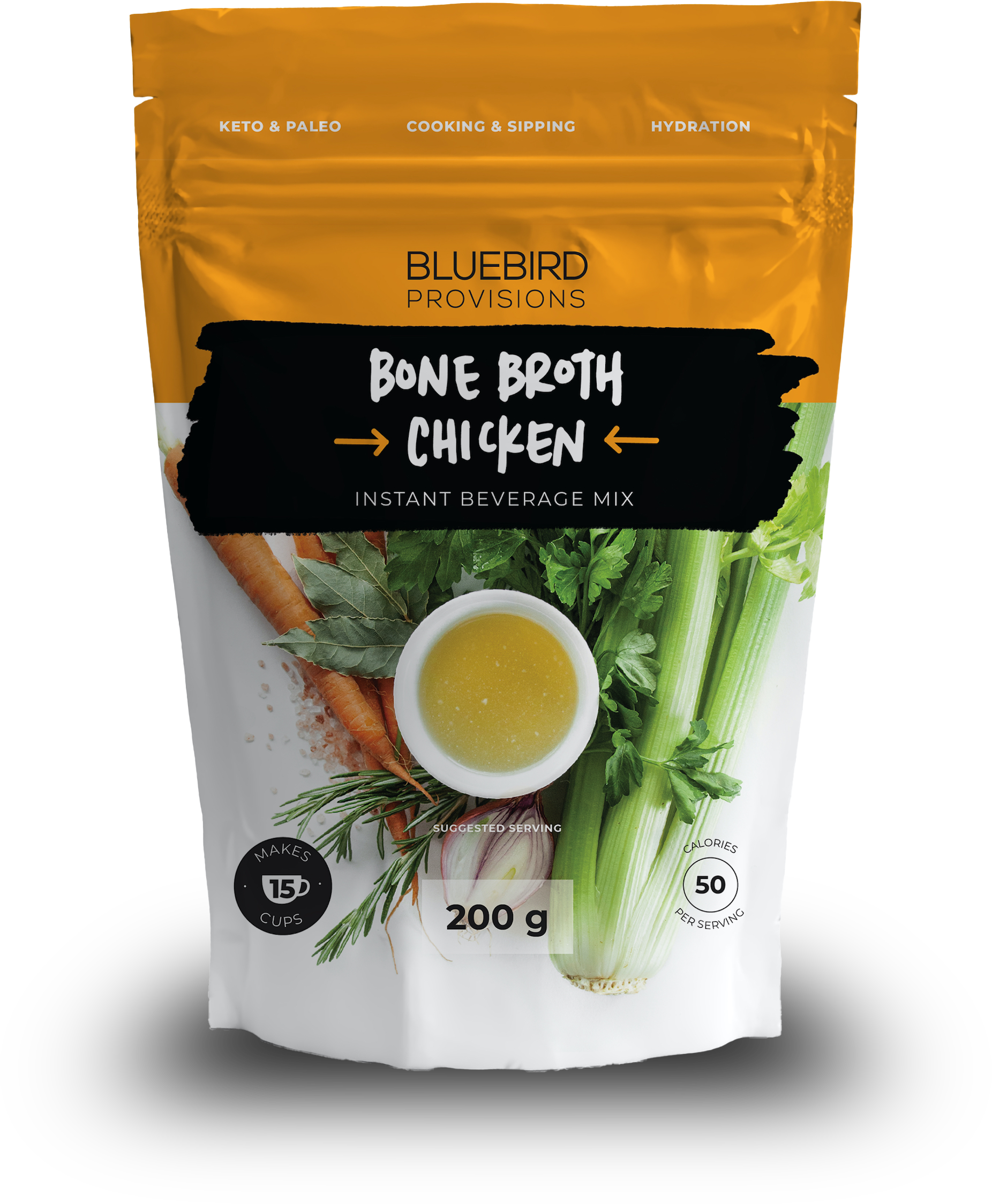
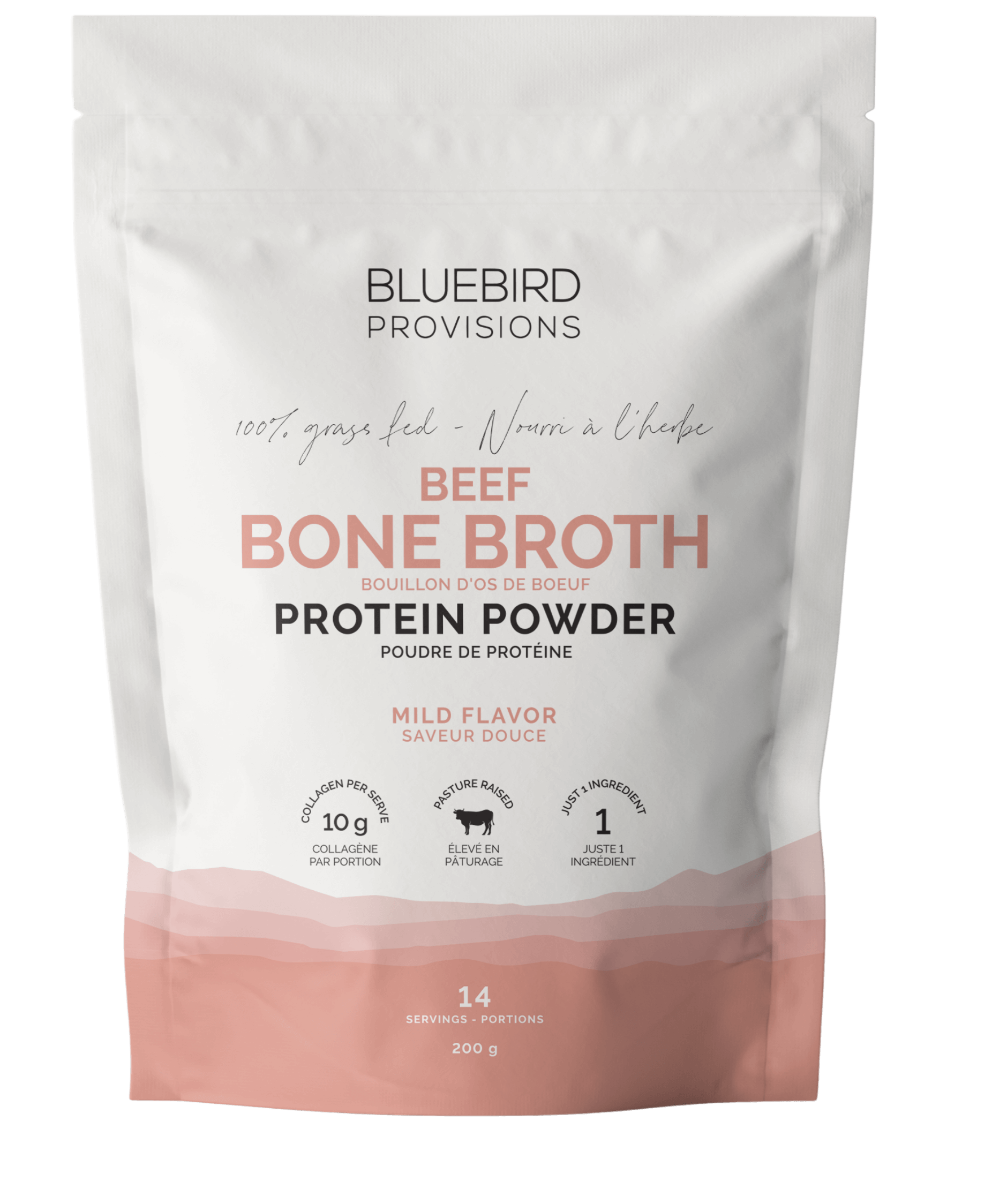
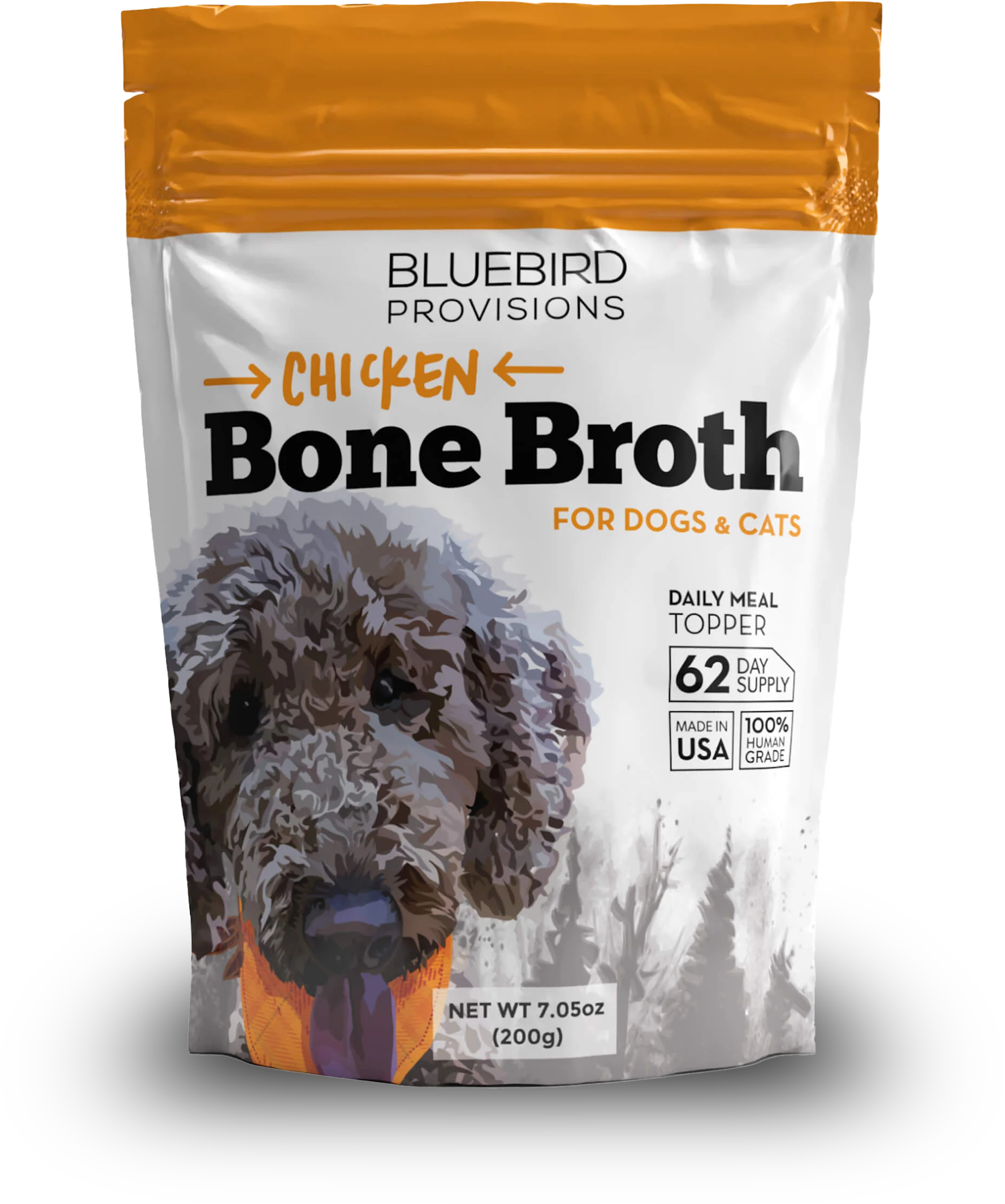
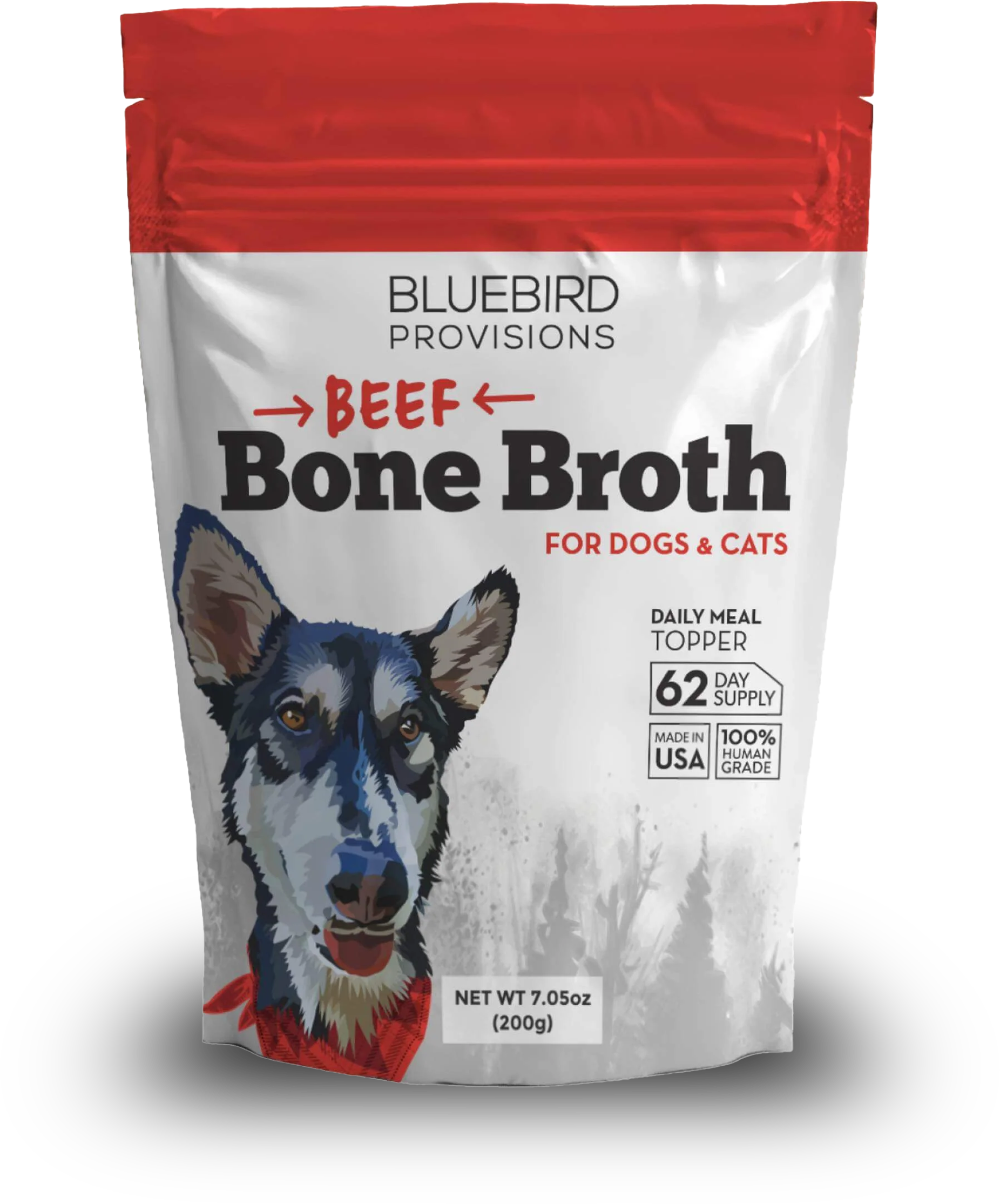
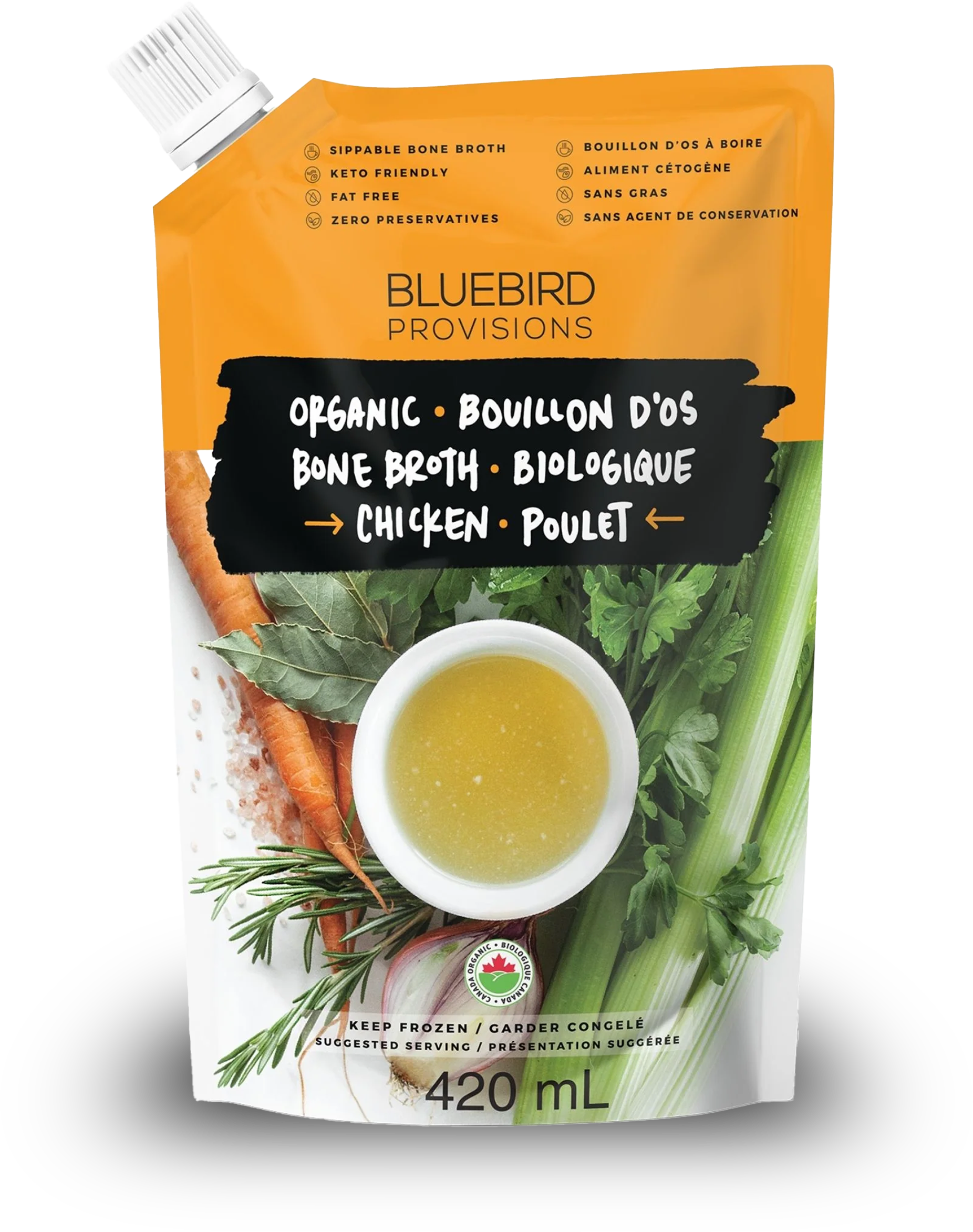
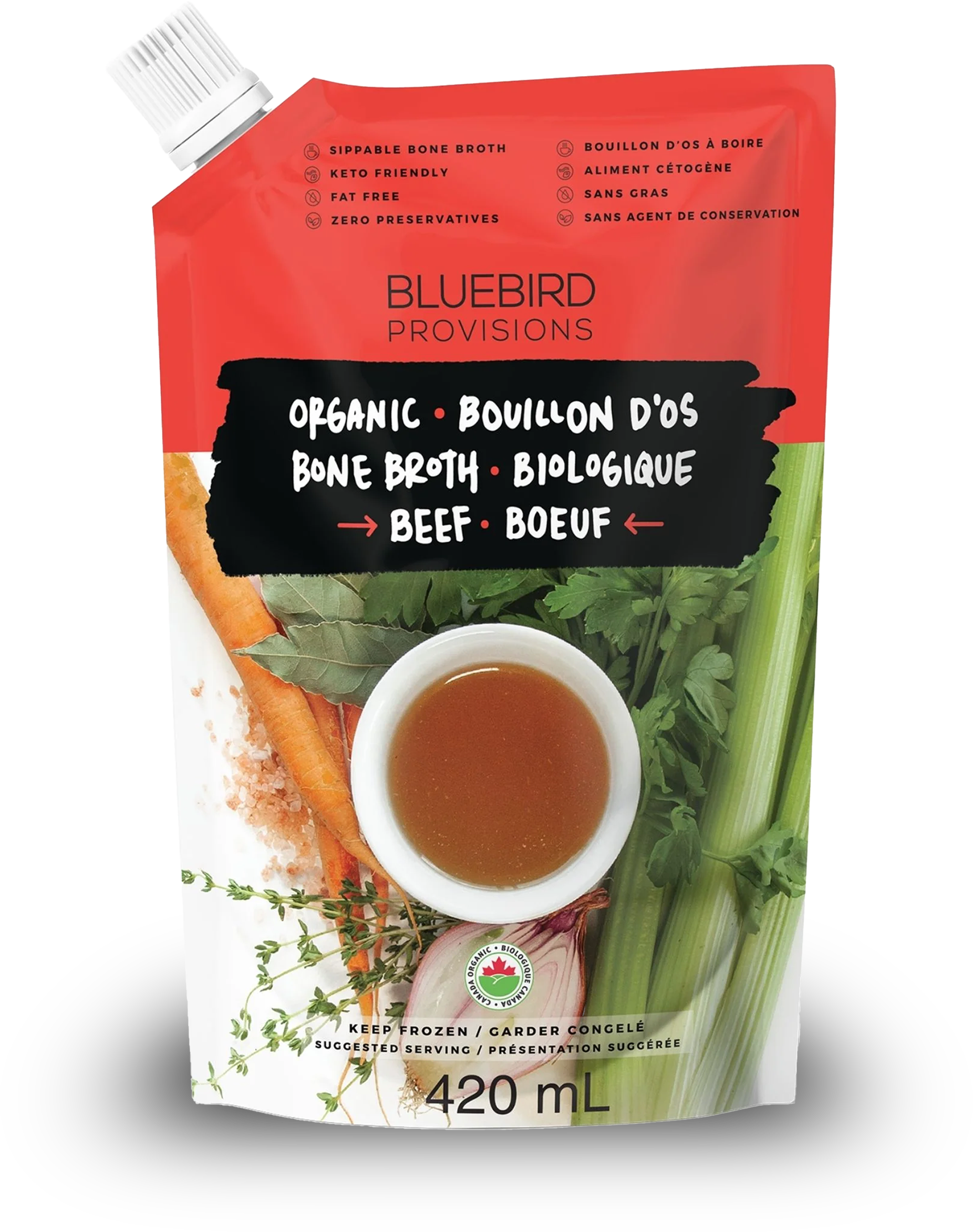



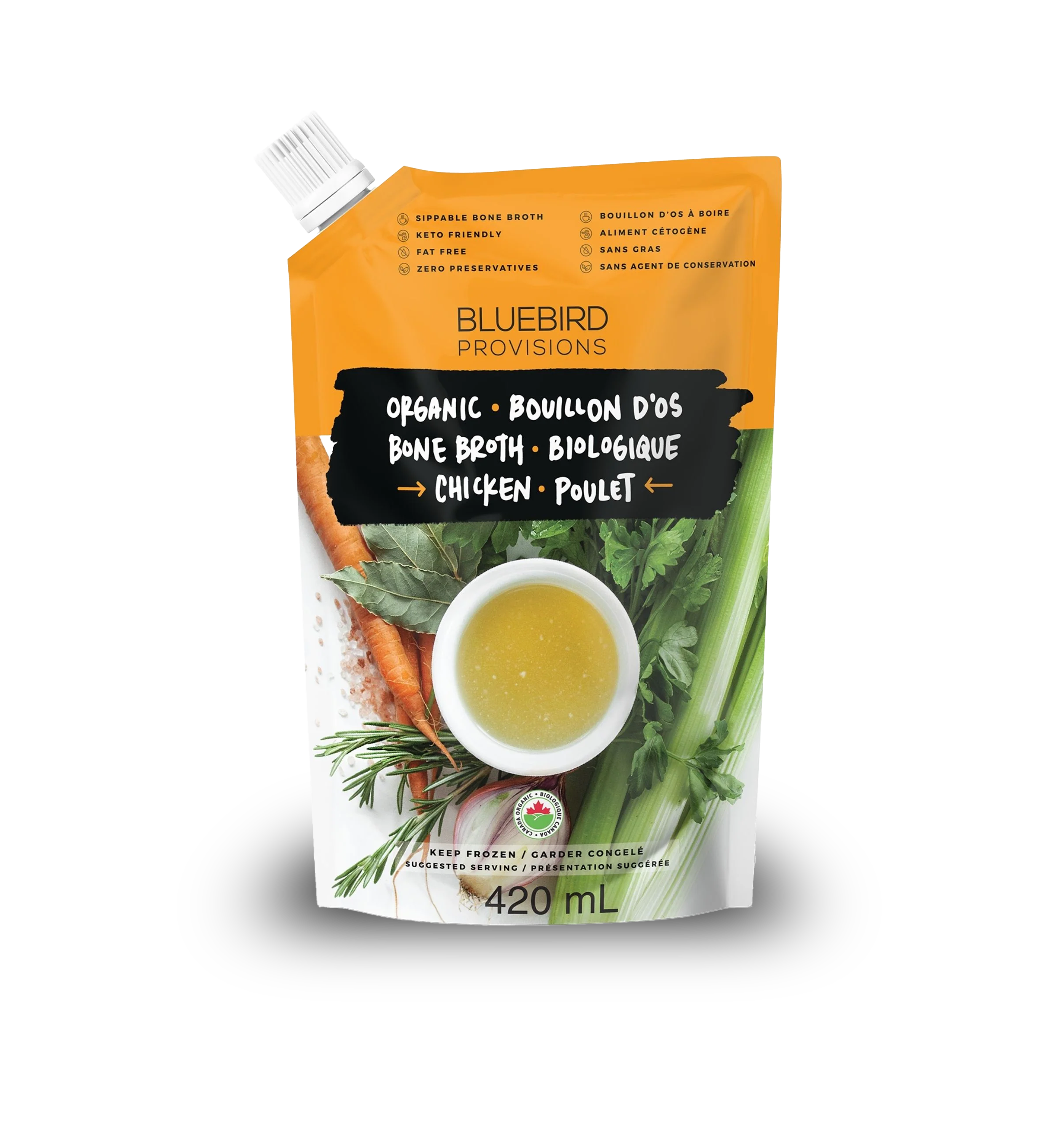
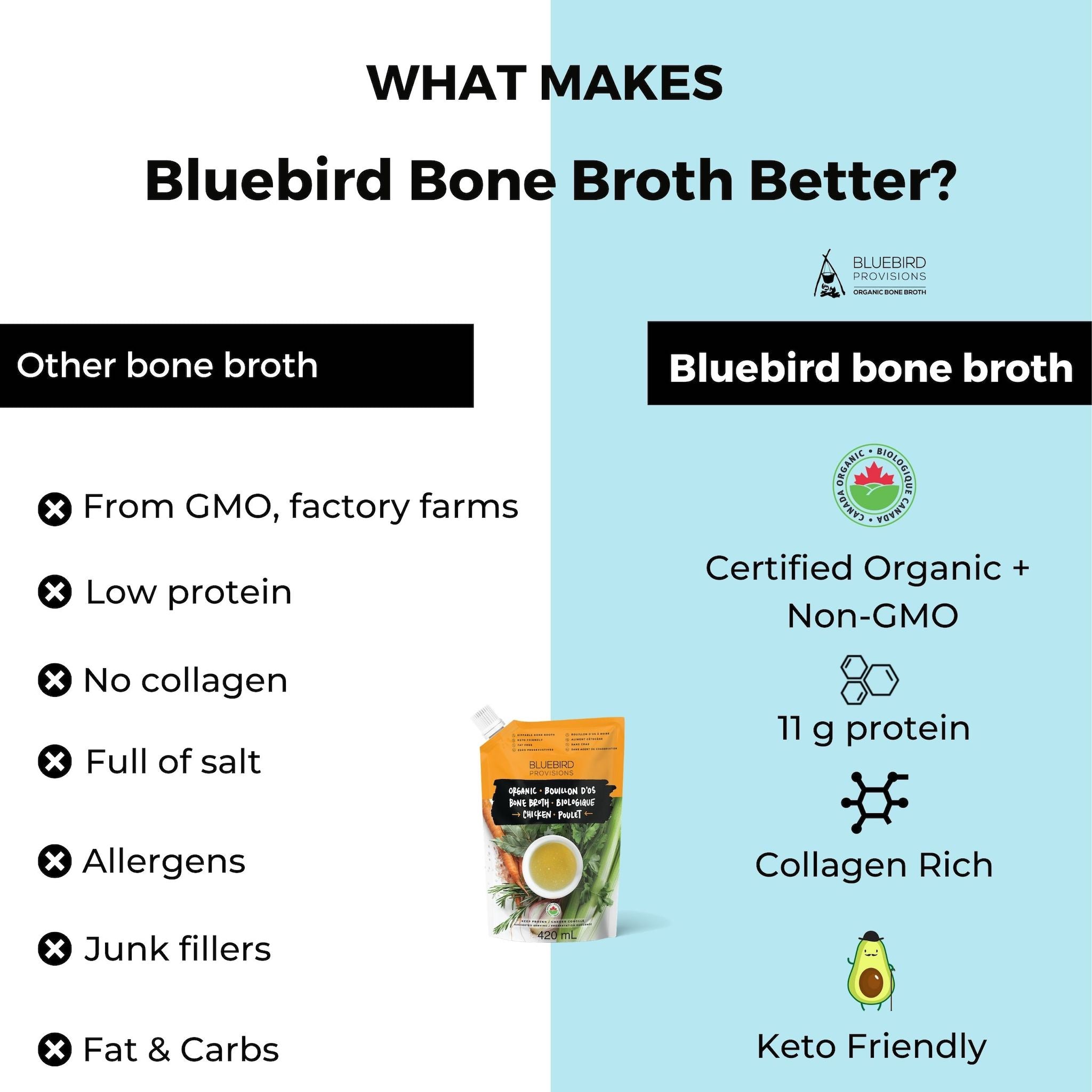
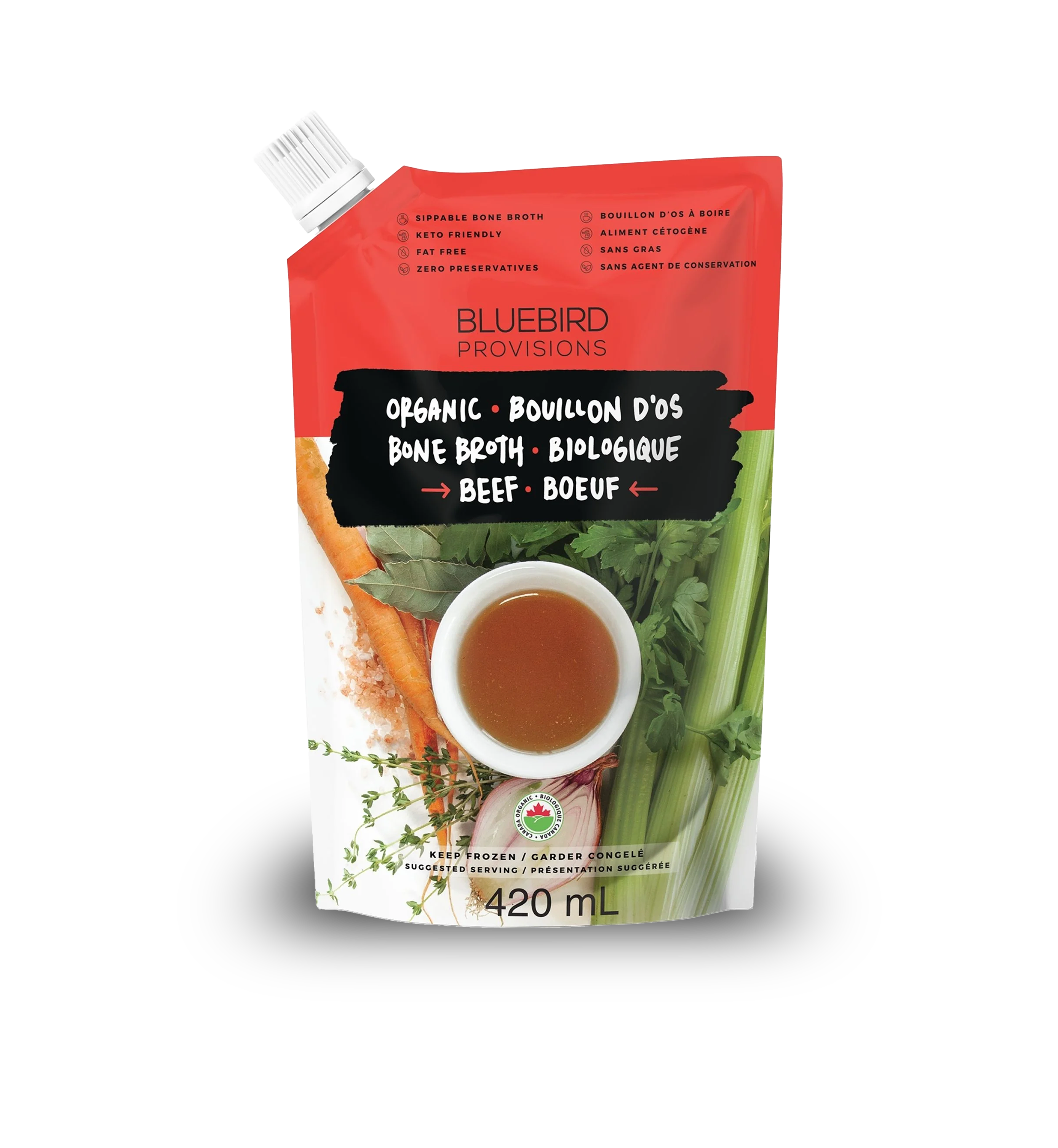
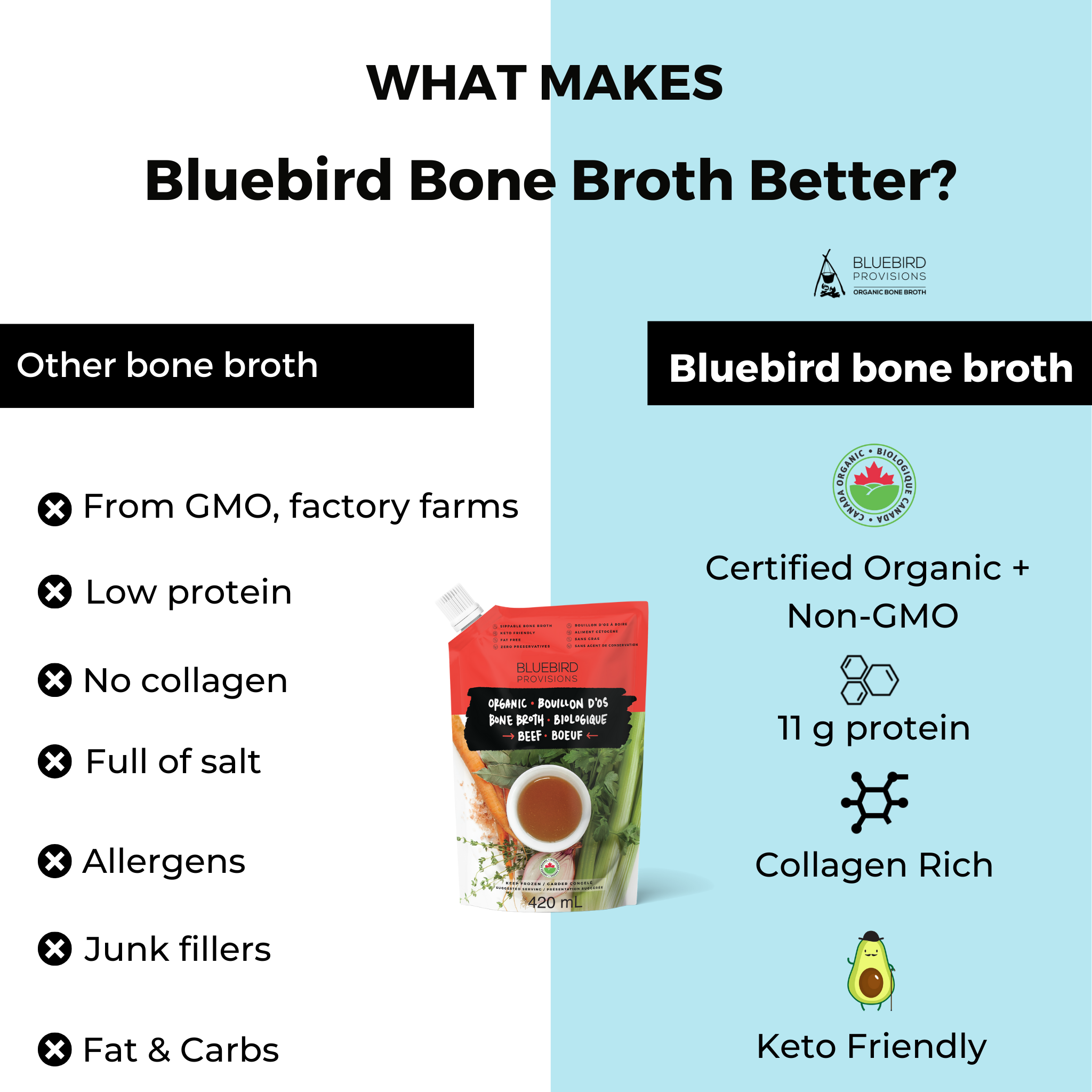
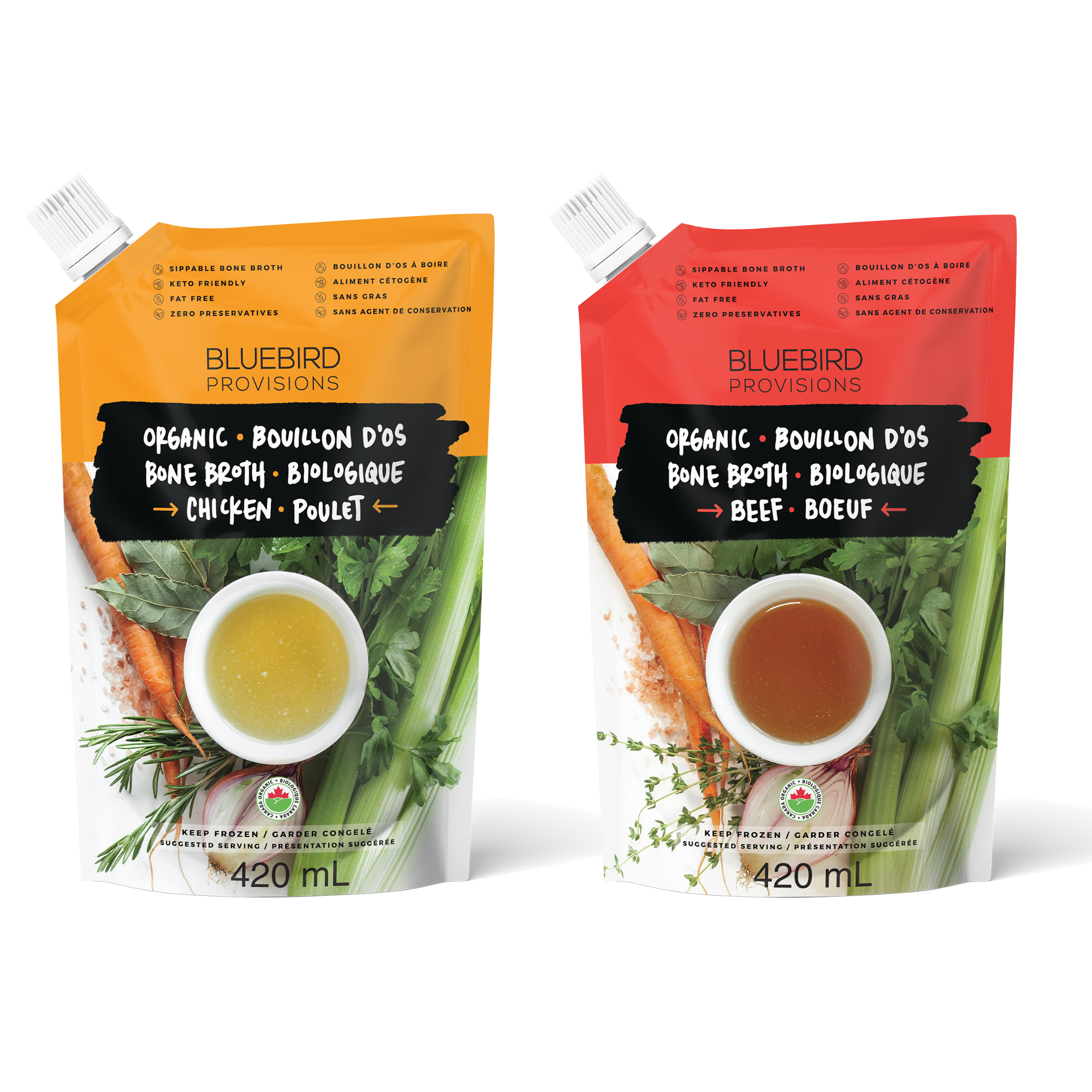
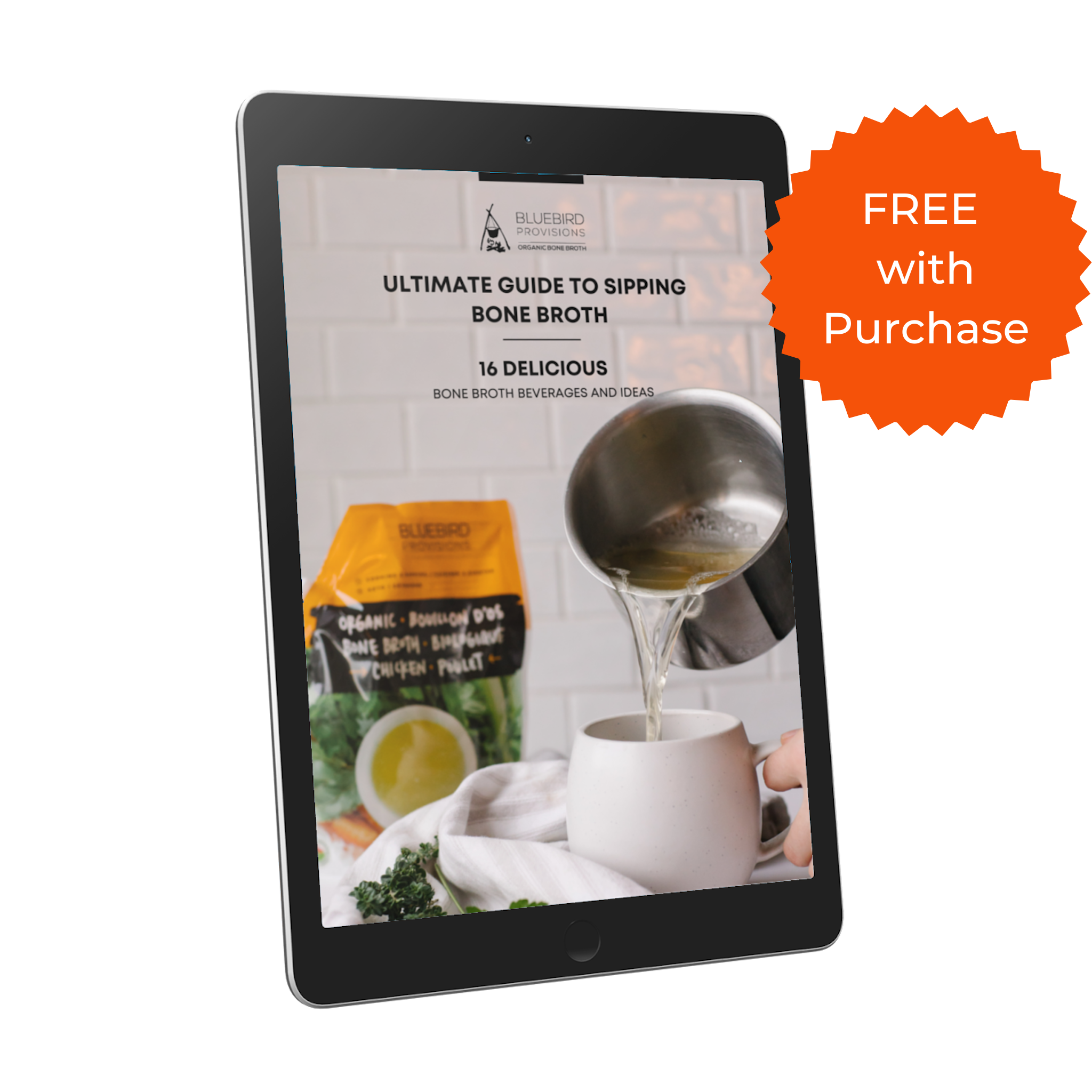
Leave a comment
This site is protected by hCaptcha and the hCaptcha Privacy Policy and Terms of Service apply.